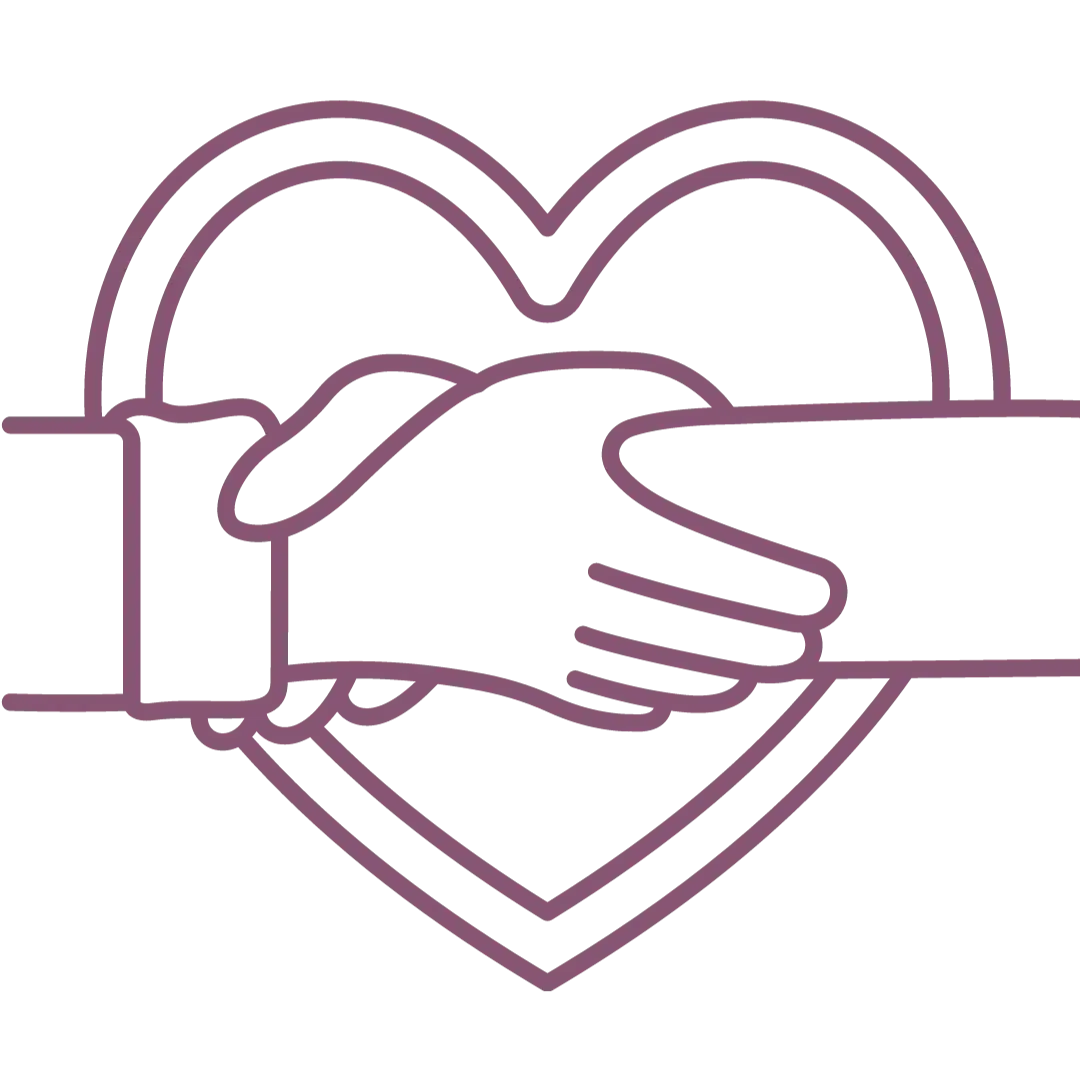Who is the Self in Self-Compassion?

Some people feel they can’t give themselves compassion, that they’re too hurt, or they’re unworthy. But if we reframe self-compassion as tapping into something that’s much greater than our small self, allowing our inner thoughts, feelings and perceptions to be held by the loving awareness of Self, then who is it that “can’t” do it?
Equanimity in Self-Compassion Practice

Our ability to use self-compassion to be with pain is one key to working with our feelings of intense grief and shock. Another helpful aspect of self-compassion is equanimity. Equanimity refers to the balance and calm that arises when we acknowledge human imperfection with an open heart.
Working with Emotional Pain

One of the most powerful aspects of self-compassion is the strength it provides to experience emotional pain without being overwhelmed. Difficult feelings like shame, anger, fear, sadness, or confusion can spiral into debilitating mind states like depression or anxiety if we aren’t able to hold them with compassion.
Living a Fulfilling Life

Most of us work hard at home or at our profession, but how many of us stop to ask ourselves what makes us truly happy? One of the most consistent findings of the research literature is that self-compassion leads to greater life satisfaction and contentment. It does so in part by encouraging us to ask ourselves what brings us joy in life.
Compassion for Our Parts

The term “self-compassion” suggests that we give compassion to a “self” that is a single entity. In fact, the term should probably be “selves-compassion” (if Webster’s dictionary would allow it), because we have different parts of ourselves that suffer in unique ways.



